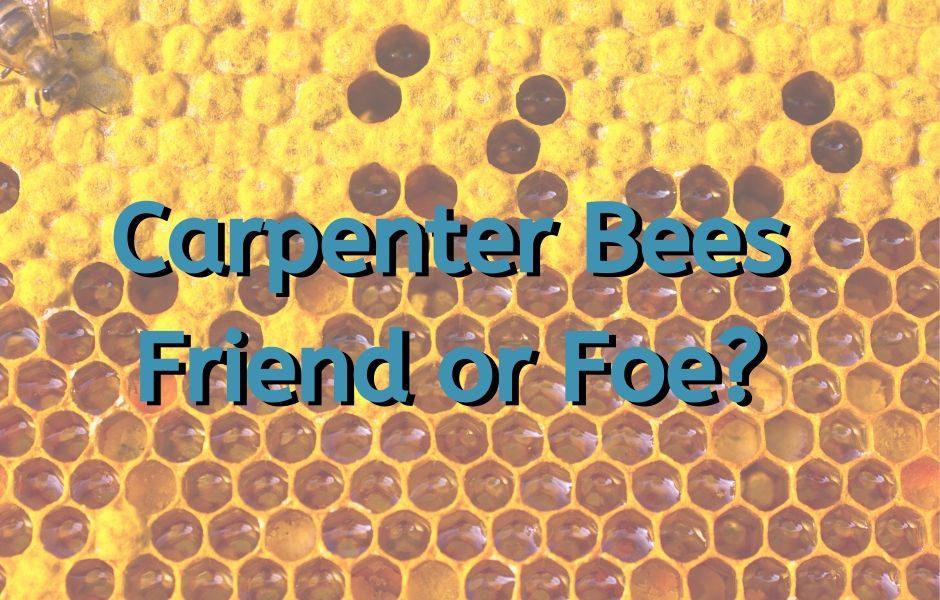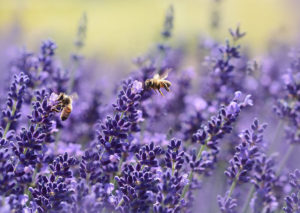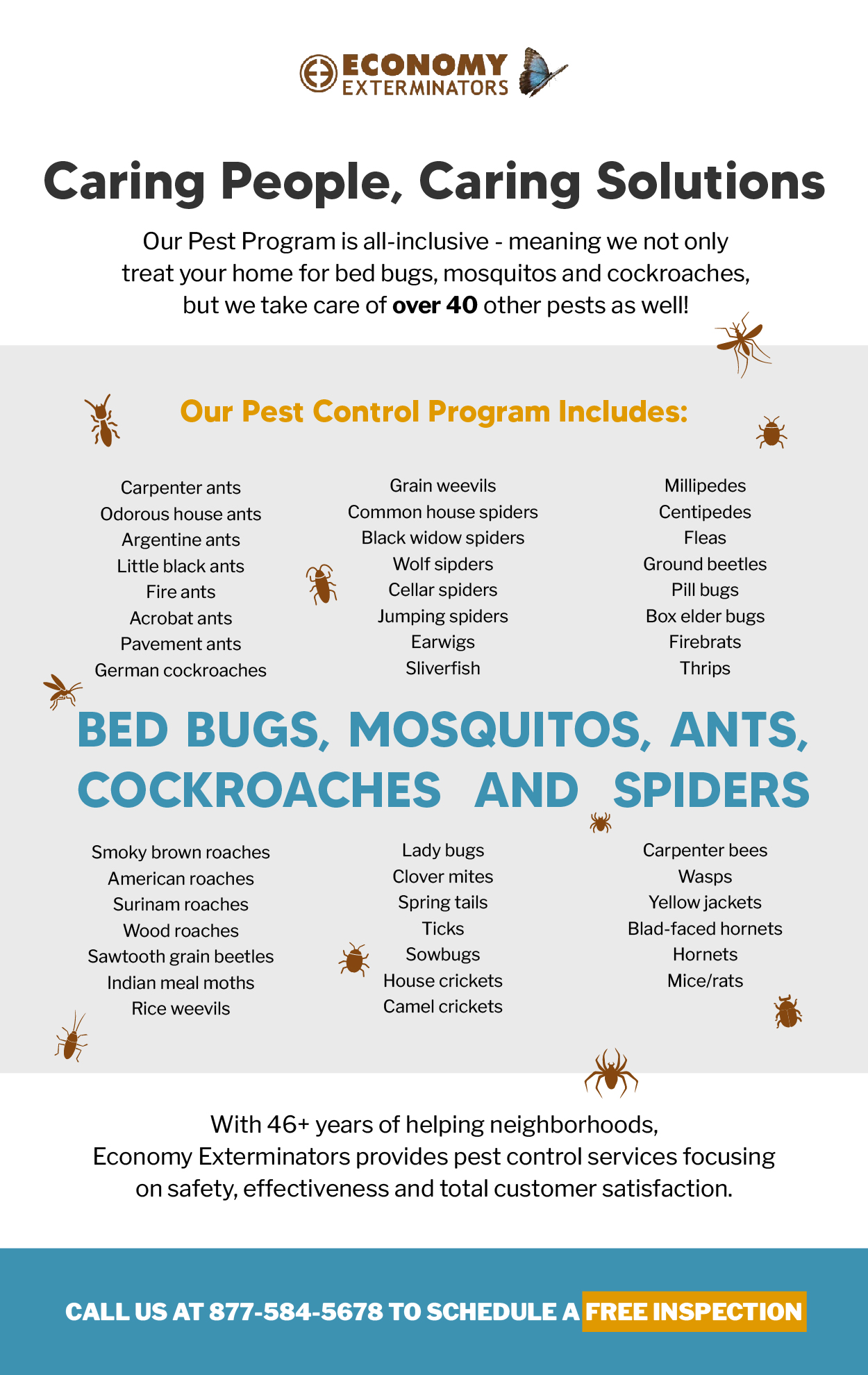Do you have bees at your house?
Bees play an important role in pollinating the food that we eat, and are an integral part of our environment. In North Carolina, we have several types of pollinators… two of which are honey bees and carpenter bees. Carpenter bees get their common name from their habit of boring into wood to make a place to lay eggs and shelter their young. There are several different species of carpenter bee species around the continental US, however, in North Carolina, we only have 2 species: Xylocopa virginica (larger species) and Xylocopa micans (smaller species of the two) also called the eastern and southern carpenter bees.
What exactly do these pint-sized neighbors of ours do?
Do carpenter bees eat wood like termites? Do they build nests in your home? Do they sting like the honey bee? When you see a carpenter bee drilling a hole in the late spring and early summer, she is building a nest for her young… not feasting on the wood around your home. The females chisel out holes in wood for her eggs (these holes can be 6-18 inches deep) and then fills the hole with eggs and pollen, and seals up space with a mixture of pollen and wood dust. Old holes that are not occupied by eggs or larvae are used for shelter by adult carpenter bees. Carpenter bees, like the honeybee, are more interested in pollen than you. That being said, females do have a stinger and can sting when irritated. Keep away from them when you see them, and they’ll leave you alone.
So, I have carpenter bees at my house… what now?
Since carpenter bees will drill into any type of deadwood (like decks and fencing) and their feces will make unsightly stains on wood, they are a pest to homeowners. One option: Homeowners can replace wood with composite materials the bees can’t physically drill into… which is pricey. Another option: Instead of replacing wood, homeowners can paint existing wood or give the carpenter bees another wood alternative to lure them away from the property.
Give us a call if you find carpenter bees on your property! We will do a FREE property inspection to your home and surrounding areas, and give you a plan of action to protect the wood around your investment.







